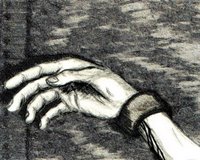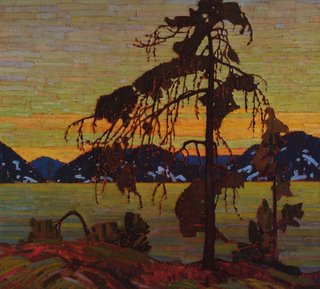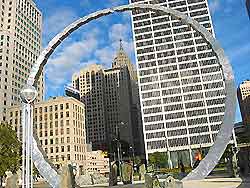Marx, Economics, and the Bard

As a person who is rather taken with Critical Theory, and in particular with Marxists aspects of it, I really am beginning to see an unfolding and lengthy discussion pattern in the Bard's works and marxist economic theories. In looking at Sonnet 130 this fine afternoon, I saw in it much of the rejection of the "material" based acquistion of merchantistic english society. There also appeared to be much of this same rejection occurring in Merchant of Venice (lead casket wins, Shylock miserable despite large material wealth, etc.) and in As You Like It (The merry men of the Forest.) Now, this is still a fledgling kernal of thought in my brain so the depths to which I can take it at this given moment are rather limited. Upon looking up other potential sources for the Bard and Marx I came up with a good number of links. Feel free to examine them, just don't tell Helms-Burton about them.
A Book Review:
http://www.nybooks.com/articles/4830
Marxist reading of Hamlet:
http://www.hamlethaven.com/marxism.html
More Food for thought:
http://www.gabrielegan.com/publications/Egan2001g.htm
Critical Theory and Shakespeare anyone?
http://www.shakespeare-online.com/links/msub-authors2.html
(Please note the Marx Section)
This ones a beauty:
http://www.marxists.org/subject/art/lit_crit/works/shakes.htm





